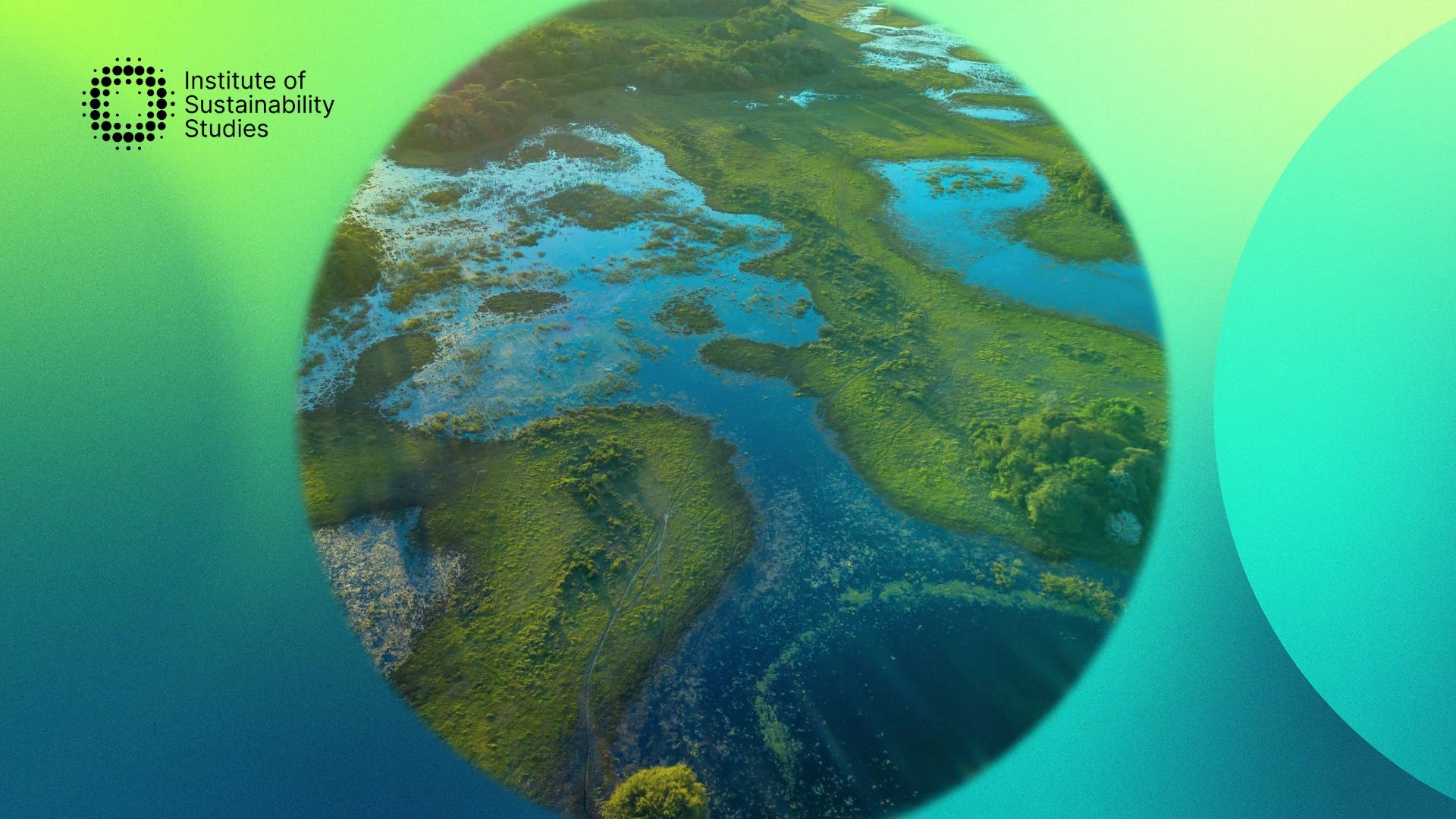Microsoft has signed a corporate sustainability agreement with a leading Mexican startup specialising in nature-based solutions, Toroto, to acquire over 234,000 carbon credits generated by a forest restoration project in the state of Campeche, Mexico.
About the restoration project
The carbon credits come from Toroto’s ongoing ecosystem restoration project located in the Conhuás ejido in the Calakmul region. The initiative has focused on promoting carbon sequestration across 47,000 hectares of tropical rainforest since 2021.
This project also strives to enhance the livelihoods of local landowners who manage the land and protect biodiversity. It does this by helping landowners sustainably safeguard their natural resources.
The Calakmul rainforest is home to several species of fauna and flora, including endangered animals like the Baird’s jaguar and tapir. Through the partnership, Microsoft plans to support community development and climate action in one of Mexico’s most critical ecosystems.
The Senior Director of Energy and Carbon Removal at Microsoft, Brian Marrs has said that the Conhuás project is a prime example of the potential community-led ecosystem restoration has to spark positive environmental impact.
He added that the company is pleased to collaborate with Toroto to incentivise both community-led climate action and natural ecosystem restoration. Toroto has shared that Microsoft’s commitment is a major milestone for the startup.
They said that Microsoft is setting an example for how the private sector can invest in nature through mechanisms that channel resources directly to the restoration and conservation of the rainforest.
Microsoft’s sustainability efforts
Microsoft has pledged to become ‘carbon negative’ by 2030, but earlier in 2024, they reported an almost 30 percent rise in emissions since 2020. This increase was primarily due to the construction of Microsoft data centres, partly for artificial intelligence (AI).
The corporation has responded to these challenges by signing a multimillion-dollar carbon credit deal with a petrochemical firm called Occidental to offset its increasing emissions. Occidental will supply 500,000 carbon credits over six years for an undisclosed amount.
Microsft has also launched a new innovation hub in Denmark, alongside Google, focusing on reducing data centre emissions. The hub is currently exploring renewable alternatives to diesel generation, addressing Scope 3 emissions by working with suppliers to decarbonise materials like concrete, steel, and aluminium and heat reuse.
Conclusion
Microsoft’s collaboration with Toroto in acquiring carbon credits from forest restoration in Mexico is an encouraging step toward climate action, showing the potential of nature-based solutions to support both environmental and community resilience. But it’s just one part of a broader, strategic approach to climate action.
Microsoft recently signed a landmark deal with Bolivia-based Exomad Green to remove 1.24 million tonnes of CO₂ using biochar technology – the largest agreement of its kind by volume. These combined initiatives highlight the company’s commitment to scaling up credible, science-backed carbon removal. Still, while offsets and removals play an important role, true leadership requires organisations to invest in direct emissions cuts.
For organisations seeking to navigate the complexities of carbon reduction and contribute meaningfully to global climate efforts, exploring structured learning opportunities is essential. Consider enrolling in our Certificate in Decarbonisation: Achieving Net Zero to gain practical strategies and tools for reducing emissions and achieving sustainable goals.










